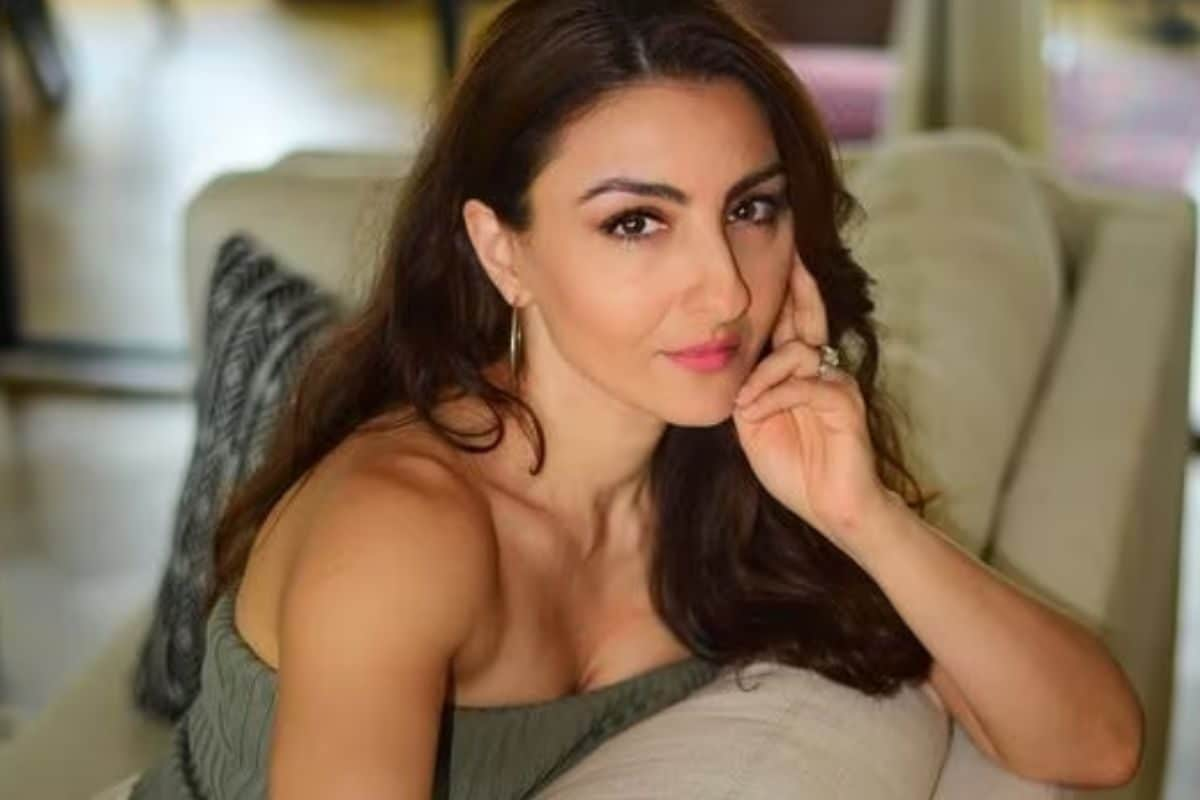T he 2024 Paris Olympics is almost over, and what a whirlwind few weeks it has been. Records have been broken, and hearts, too. We’ve cheered on household names – Simone Biles, Rafael Nadal, Katie Ledecky – and learned a suite of new ones.
There was Julien Alfred, the first gold medallist from St Lucia and, as the winner of the 100m race, the fastest woman on Earth; Arshad Nadeem, the record-setting javelin thrower and Pakistan’s first gold medallist in 40 years; and in cycling, the British team sprint trio, Katy Marchant, Sophie Capewell and Emma Finucane, who showed that three really is the magic number when they broke a trio of world records on the way to gold. And that’s before we even get to the stars who won the internet . But let’s just take a moment to think of the Olympic heroes whose names we don’t know.

I’m not talking about the coaches, physios and sporting associations working away in the background, or the thousands of Olympic volunteers who toil behind the scenes. No, I’m talking about us, the sofa Olympians – the spectators who, every four years, step up to the plate to demonstrate our unique set of skills: watching obscure sports we’ve never heard of and talking to our friends and families about them as if we are experts. Sofa Olympians actually share a lot of qualities with athletes.
I say this from experience, as a sofa gold medallist myself. Endurance is key. You can’t just watch the final of, say, competitive bouldering; you need to watch all the rounds to really dazzle your audience with insights.
(“If you’re wondering why the audience cheer when they do,” I remarked to my husband, “they cheer every time the climber puts their hand on a new rock.”) You need to review and learn from your mistakes, too. I think back to week one of the Olympics and my commentary on the cycling – amateur stuff, such as how they all looked alien in those helmets.
But I learned; I grew. I talked to my mother about the Canadian hammer throw winner , about whether his less bulky frame gave him more speed, and if, perhaps, speed was key. I skim-read pages on Wikipedia about physics.
And I took those learnings into the next round. “Her hands weren’t in the right place,” I said to no one but the cat, as I watched gymnasts on the vault. “She didn’t get the power to get high enough to finesse the twists.
You need to have height.” I even have my own sofa Olympics diet and clothing. Hoodies are crucial.
Like the athletes, you absolutely do not want to let yourself become cold or it is game over – though I suspect their diets might be more nutrient-rich than Pringles and hummus. Jokes aside, I do think this phenomenon is something quite beautiful. It is markedly Olympian in spirit.
After all, the Olympics were historically a competition for amateurs, a celebration of the everyman made a champion through hard work. Indeed, my favourite stories from the Olympics have always been the ones of the little guys made good. Who can forget Eric Moussambani , AKA Eric the Eel, who was catapulted to international fame after his unlikely victory at the 2000 Olympics.
Moussambani had never learned how to swim when he responded to a radio broadcast asking people to try out for the swim team in his home nation of Equatorial Guinea. When no one else turned up to the men’s trial, Moussambani won by default a wildcard draw to compete in the Olympics without qualifying. He set about teaching himself to swim, training in a small hotel pool he only had access to for a few hours a week, and topping it up with swims in rivers and lakes, assisted by local fishers.
He had never swum in an Olympic-size pool until the competition itself, and had to borrow a pair of trunks from the South Africa team. But when the two other athletes in his heat were disqualified, he won, simply by completing the swim – in the slowest time in Olympic history. Now Equatorial Guinea has two full-size Olympic swimming pools, and Moussambani is the national swimming coach.
Such stories are less common in the Olympics today, as teams become more and more professionalised, though I must give a shout out to Jacob Fincham-Dukes , the Team GB long jumper who finished fifth, and won hearts when he revealed he was “back to work on Friday” to his job in health and safety. Yet here in the home audience, that same spirit can be found: casual watcher becomes committed commentator. The hobbyist turned hero.
Admittedly, the vast majority of sofa Olympians will never think about the sports they profess to be experts in again. Or at least for the next four years. But if even one watcher becomes a committed fan and supporter of these minor sports, it will have done something good for the world, in nurturing the unifying power and spirit of fairness and hard work that sport brings.
If that’s not the true meaning of Olympic spirit, I don’t know what is. Coco Khan is a freelance writer and co-host of the politics podcast Pod Save the UK.



















